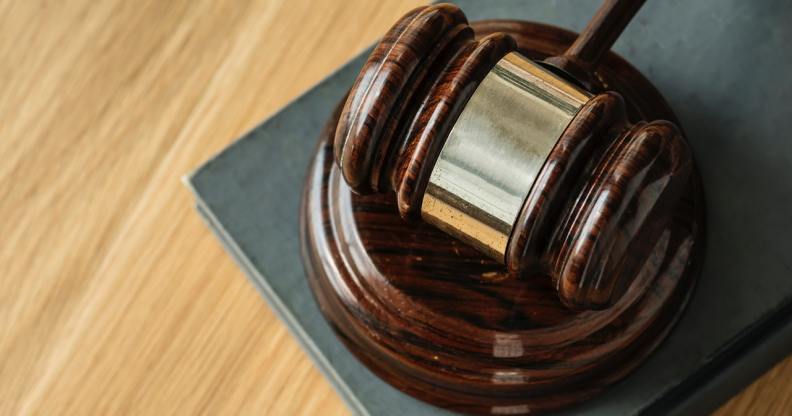Nevada bans gay and trans ‘panic’ defences in criminal cases

Nevada bans the use of gay and trans ‘panic’ defences (Pexels)
The state of Nevada has banned gay and trans “panic” defences in criminal cases in an effort to prevent LGBT+ victims from being blamed for their own assaults and murders.
Gay and trans panic defences are still frequently deployed in criminal cases across the world in an effort to get more lenient sentences for homophobic and transphobic attacks.
The line of decence usually involves the perpetrator claiming they had a moment of “temporary insanity” brought on by unwanted sexual advances or suddenly discovering a person’s gender identity. The use of such defences has previously been banned in California and Illinois.
Nevada’s gay and trans ‘panic’ bill passed by 19 votes to 2
Representatives voted yesterday on the bill and it was passed by 19 votes to 2. The only two members to vote against the bill were Ira Hansen and Pete Goicoechea.
The bill says that “an alleged state of passion or provocation” in a perpetrator will not be considered a valid defence “if it resulted from… [the] sexual orientation or gender identity or expression of the victim.”
The wide-ranging bill also notes that gay and trans panic defences continue to appear in criminal cases across the United States. It notes that these defences are “surprisingly long-lived, historical artifacts and remnants of a time when widespread public antipathy was the norm for lesbian, gay, bisexual and transgender persons.”
“The bill says that gay and trans panic defences are ‘surprisingly long-lived, historical artifacts and remnants of a time when widespread public antipathy was the norm for lesbian, gay, bisexual and transgender persons.'”
– Nevada bill banning the use of gay and trans ‘panic’ defences
It also says that gay and trans panic defences appeal to “irrational fears and hatred of [LGBT+] people, thereby undermining the legitimacy of criminal prosecutions and resulting in unjustifiable acquittals or sentencing reductions.”
The bill concludes by noting that they want to “end the antiquated notion that the lives of [LGBT+ people] are worth less than the lives of other persons and to reflect a modern understanding of [LGBT] persons as equal to other persons under the law.”

Nevada bans gay and trans ‘panic’ defences in criminal cases (Pexels)
The most famous example of the ‘gay panic’ defence was in the Matthew Shepard case
The American Bar Association unanimously passed a resolution in 2013 which urged governments to provide guidance to jurors and prosecutors about the use of gay and trans panic defences.
In the same year, California became the first state in the US to ban gay and trans panic defences.
Meanwhile, Democrats filed a bill to Congress last year in an effort to outlaw the use of such defences nationwide.
The best known use of the gay panic defence in the US was in the murder case of Matthew Shepard. He was killed in a violent attack in 1998 in which he was beaten, robbed, tied to a fence and left to die.
His killers, Aaron McKinney and Russell Henderson, attempted to argue in court that they suffered “a moment of insanity” when Shepard made sexual advances towards them.

